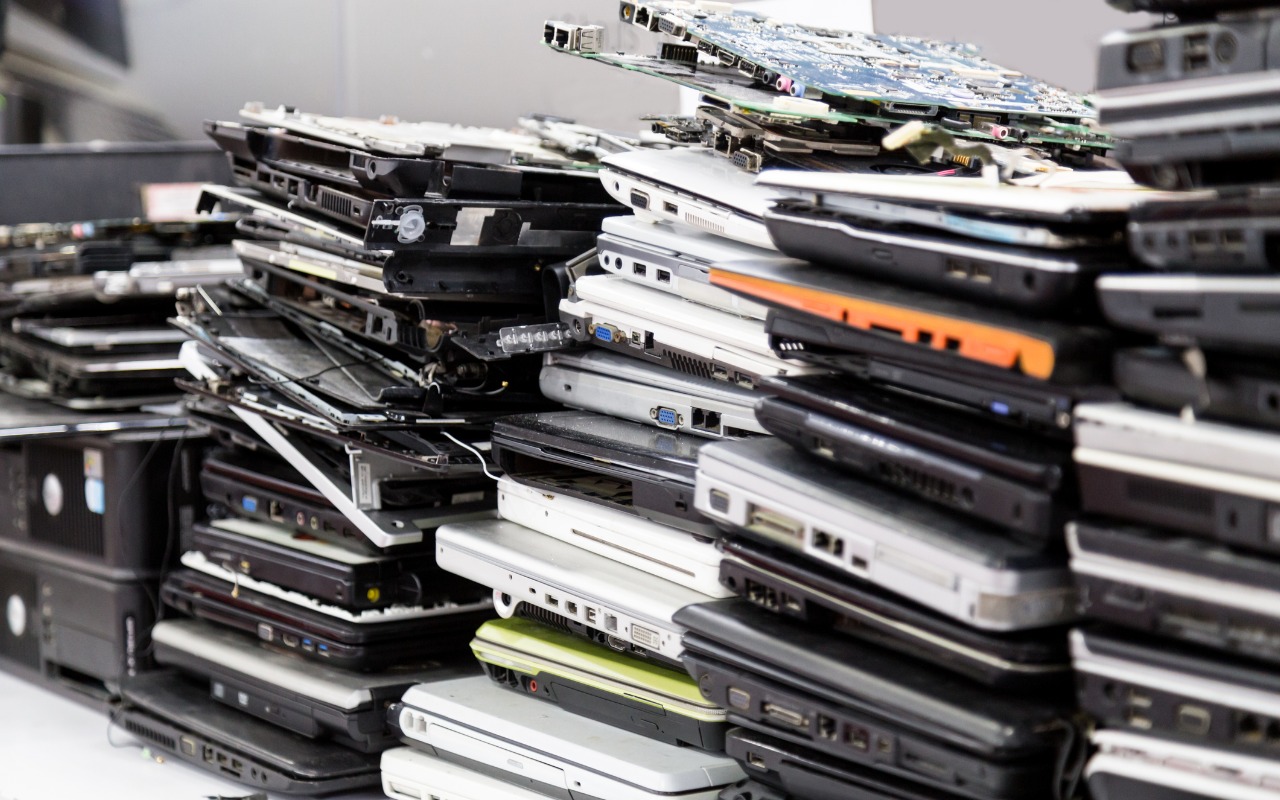We all have old electronics squirreled away in our drawers and closets. It’s hard to admit that a computer, phone, or peripheral that cost hundreds or even thousands of dollars years ago has little or no value. That’s doubly true if it doesn’t work anymore. Once you’ve decided to get rid of that PowerBook 520 from the 1990s or your first digital camera from 2004, resist the urge to toss it in the trash.
In some places, it’s illegal to throw out electronics because they tend to contain heavy metals like mercury, lead, and lithium, plus other hazardous materials that can pollute the air if incinerated or contaminate the ecosystem if buried in landfills. Even if dumping e-waste is not actively illegal in your area, it’s a terrible thing to do. So what can you do instead?
No matter what you choose, make sure to delete all your data to the extent possible. If the device in question works, it’s best to erase or reformat its storage. Apple makes that relatively easy, especially on iOS devices; look in Settings > General for a reset option that contains Erase All Content and Settings. For dead computers whose drives contain data, you can remove the drive and ensure your data can’t be accessed by whacking it with a hammer or drilling through the case. That can be a good stress reliever too, but be sure to wear safety goggles.
Sell
If the old device is fully functional or sufficiently rare, you may be able to sell it on eBay or through Craigslist. To determine if that is likely to be worthwhile, search for similar used devices on those sites. If others are selling their old stuff, you probably can too. Keep in mind that you’re not likely to make much, and be sure to take shipping costs and fuss into account.

Donate
Given the low value of even fully functional hardware, a more socially beneficial option is often to take advantage of local programs that accept donations of working computers and other electronics, clean and refurbish them as necessary, and then donate them to schools, libraries, community centers, and other worthy institutions. If the program to which you’re donating is a registered nonprofit, you may even be able to deduct the value of the gear from your taxes.
If your area lacks such programs, check out Computers with Causes, which accepts donations of computers, tablets, and gadgets. It then refurbishes them and moves them on to groups like youth centers, K–12 schools, libraries, historical societies, wildlife conservation organizations, and more. Also look into World Computer Exchange, which provides donated computers and electronics to youth in developing nations.

Recycle
All too often, the only realistic option for disposing of old electronics is recycling. That doesn’t mean just tossing that old iPhone 3GS in the bin with your #2 plastics. It’s extremely important that e-waste be recycled separately from standard recyclables like cardboard, paper, cans, and plastic tubs. That’s because lithium batteries from improperly recycled electronics are causing dangerous fires at recycling centers.
Municipal waste programs are often set up to recycle e-waste properly, and they may be the easiest option in your area. For alternatives, look to the large chain stores Best Buy and Staples, both of which accept electronics for recycling, generally for free. Apple stores also accept electronics for recycling, or you can request a prepaid shipping label that lets you ship e-waste to Apple. Alternatively, try searching the Earth911 database for other recycling options near you. The Consumer Technology Association also provides a locator for electronics recycling; it may have slightly different listings.

Regardless of where you take your e-waste, be sure to read the requirements first. Not all sites take all types of electronics—a cell phone is much easier to handle than a broken large-screen TV. Also, you may need to remove any batteries first and recycle them separately so they can be handled with additional care to prevent fires.
Thanks for doing your part to keep old electronics from causing harm!
(Featured image by iStock.com/ThamKC)
Social Media: Don’t throw old electronics in the trash! Or even in your usual recycling bin! It’s important to dispose of e-waste properly to avoid polluting the environment and causing destructive fires. Learn how here:



